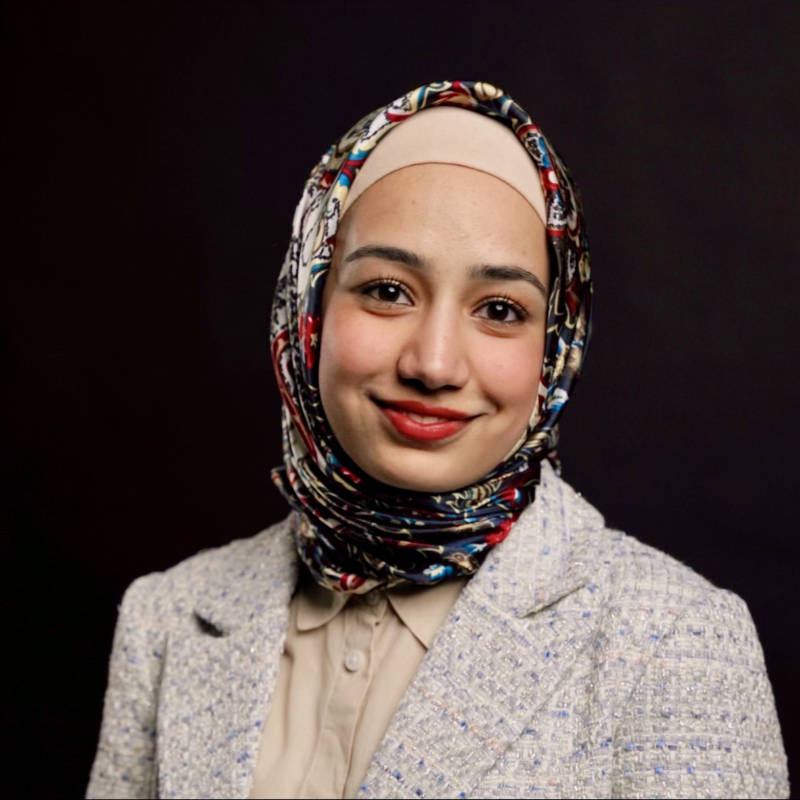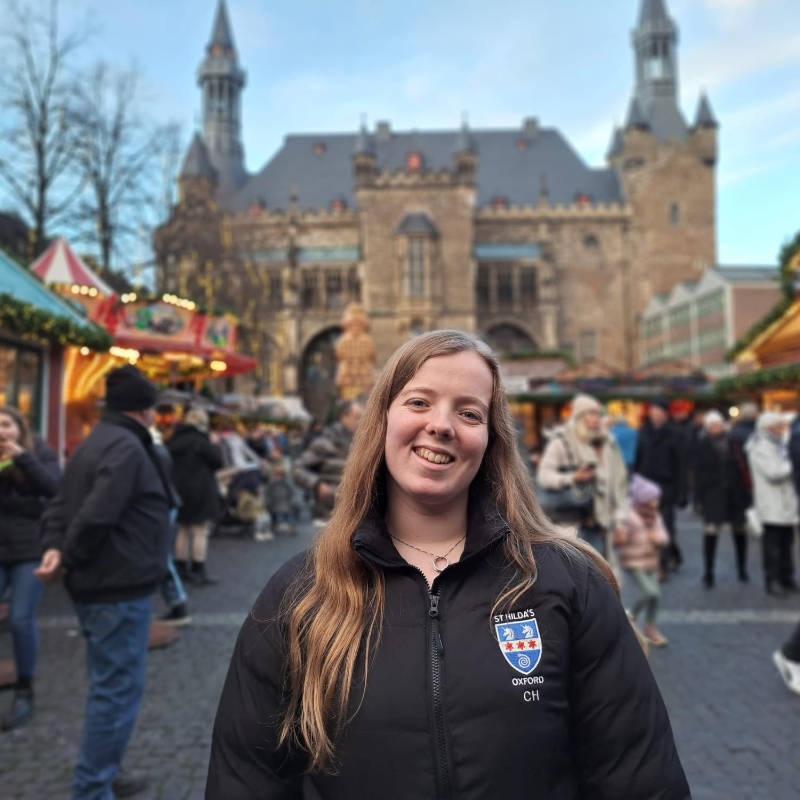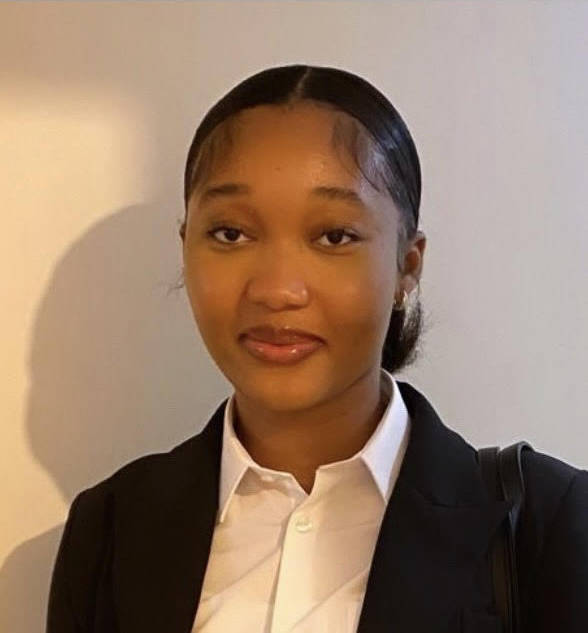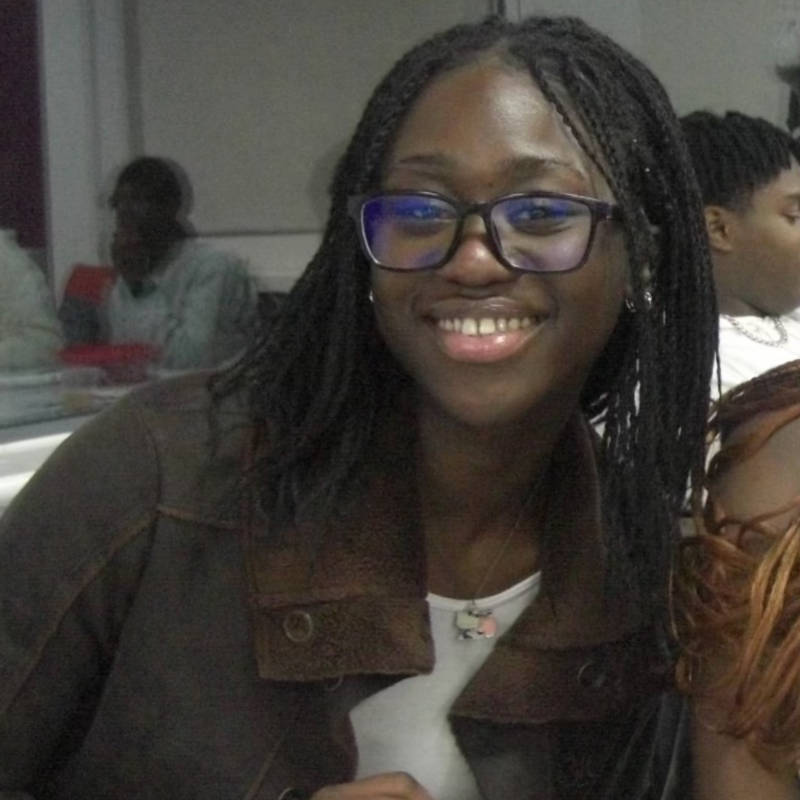In the 2021 census, 1.3 million people identified as ‘other ethnic group.’ For many of us, filling out an ethnicity form is a relatively simple task. But for some of us, it can bring about an identity crisis.
Just who are the people behind the ‘Other’ ethnic group box, and why aren’t we talking about it more?
Ethnicity vs Race: What’s the Difference?
We cannot begin to understand the problem without understanding that, despite commonly being used interchangeably, the terms ‘ethnicity’ and ‘race’ indicate two very different concepts.
Ethnicity is defined by the Cambridge Dictionary as being: ‘a large group of people with a shared culture, language, history, set of traditions, etc.’ The ‘Aboriginal,’ ‘Roma,’ and ‘Amazigh’ are all examples of ethnicities.
Race, on the other hand, is defined as: ‘one of the main groups to which people are often considered to belong, based on physical characteristics that they are perceived to share, such as skin colour, eye shape, etc.’ These are descriptors with which we are more familiar and include ‘Black’, ‘White’ or ‘Brown.’
The UK List of Ethnic Groups, however, confuses the two terms, leaving ethnically ambiguous people in the dark. If you are not ‘Black,’ ‘Brown,’ or ‘White’ and if you are from a ‘Mixed ethnic background’ which is not listed in the identities specified, then you become that estranged and vague ‘Other’.
Calls for Representation
In 2021, a petition was submitted to Parliament, demanding that Latinx/Hispanic become a recognised ethnic group in the census, stating: ‘We are not white, black, Asian, and certainly not “other.” However, it never got to 10,000 signatures, so the matter was never properly discussed in Parliament.
This is only one example of an ethnic group trying to break through the seemingly impenetrable barrier towards fair representation. Many others continue to remain almost completely in the dark, unheard of and unstudied in education and popular culture. Below are a few examples of these ethnic ghosts:
- Latinx/Hispanic
- Non-Black African (Amazigh, Coptic, Merina)
- Non-Arab Middle Eastern/Asian (Kurdish, Assyrian, Yazidi)
- Pacific Islanders (Maori, Kanak, Chamorro)
When You’re Labelled as ‘Other’
Perhaps the most obvious effect of this lack of representation is the psychological impact. Many first and second-generation immigrants have reported a constant sense of alienation and an understanding that they’re not quite where they’re meant to be. This is a widespread phenomenon, even among officially classified ethnicities. What makes it worse in the case of under-the-radar ethnic groups is the fact that they are officially categorised as ‘Other’ by the government of a country they’re trying to call their home.
The UK media shows little evidence that this issue is being addressed. School curricula often neglect lesser-known identities, preferring to focus on more topical subjects that have a direct and practical impact. This can leave ethnically underrepresented students feeling disempowered in their ability to use their voice for true change. In a democratic society, where the opinion of the majority rules, this is to be expected. However, this cannot act as an excuse for the continuing complacency among the general public when it comes to recognising the multitude of ethnicities beyond the stated list.
A Data ‘Black Hole’
Due to a lack of data on those who fall under the ‘other ethnic group’ classification, a serious lack of specific and necessary healthcare data can be observed. For example, certain blood group types are more common among certain ethnic groups. Unless we have the relevant data, we as a country cannot estimate the amount needed on demand for those who are ‘Other’ or know the common blood types compatible with these unique groups in times of emergency.
Clinical trials and medical research indicate that unidentified ethnic groups are likely to be overlooked and forgotten. When it comes to mental health services, there is a significant lack of support offered to those who do not speak English as a first language. For those who have no evidence to prove their existence and demand care, this black hole of data has resounding effects.
One example of the crucial need for representation and data is evident following the Grenfell tragedy of 2017. A reported 85 per cent of victims were from ethnic minorities (people from Syria, Morocco, Afghanistan, Egypt) and disadvantaged backgrounds.
In response, the NHS-run Al-Hasaniya Moroccan Women’s Centre set up mental health support groups for the community, allowing people to socialise and bond over traditional Moroccan food. They also provided a designated counselling service for survivors of the fire, with funding and therapists allocated to the local Al-Manaar Islamic Centre.
However, it would be clumsy to paint a purely positive picture. Many felt that the cultural and linguistic barriers between them and the overwhelmingly white mental health workers were too great to ignore. Though interpreters were occasionally provided, they often spoke the wrong language.
The ethnicity ‘Arab’ was only introduced in the 2011 census. In 2021, more than 300,000 people were identified under this category. Together with the Roma people (who were introduced in 2021), these new tick boxes have been instrumental in beginning the campaign towards greater ethnic equality in the UK.
Towards a Diverse Future
Most recently, the government has introduced the option to write one’s ethnicity if it is felt that one is being misrepresented by the options provided. This is certainly a big step forward, with many people finally being given the chance to delcare who they are. But it’s still not enough.
We need more politicians in Parliament who are informed about this issue and with the power to drive change. It would also be better if we had MPs from the ‘other ethnic group’ category to speak on these people’s behalf. More practically, we need local institutions as well as the government to provide the ‘Write In’ box in schools, universities, on job applications and for charities.
We need, as citizens, to come to terms with the idea that not every minority’s struggles will be familiar to us. There are silent fights which we never hear of or see. Fights for recognition and for justice. As a country, we need to equip ourselves with the ability to accommodate, accept and learn from people across the whole spectrum of our beautifully diverse world. This is true ethnic equality.
DISCLAIMER: The articles on our website are not endorsed by, or the opinions of Shout Out UK (SOUK), but exclusively the views of the author.








